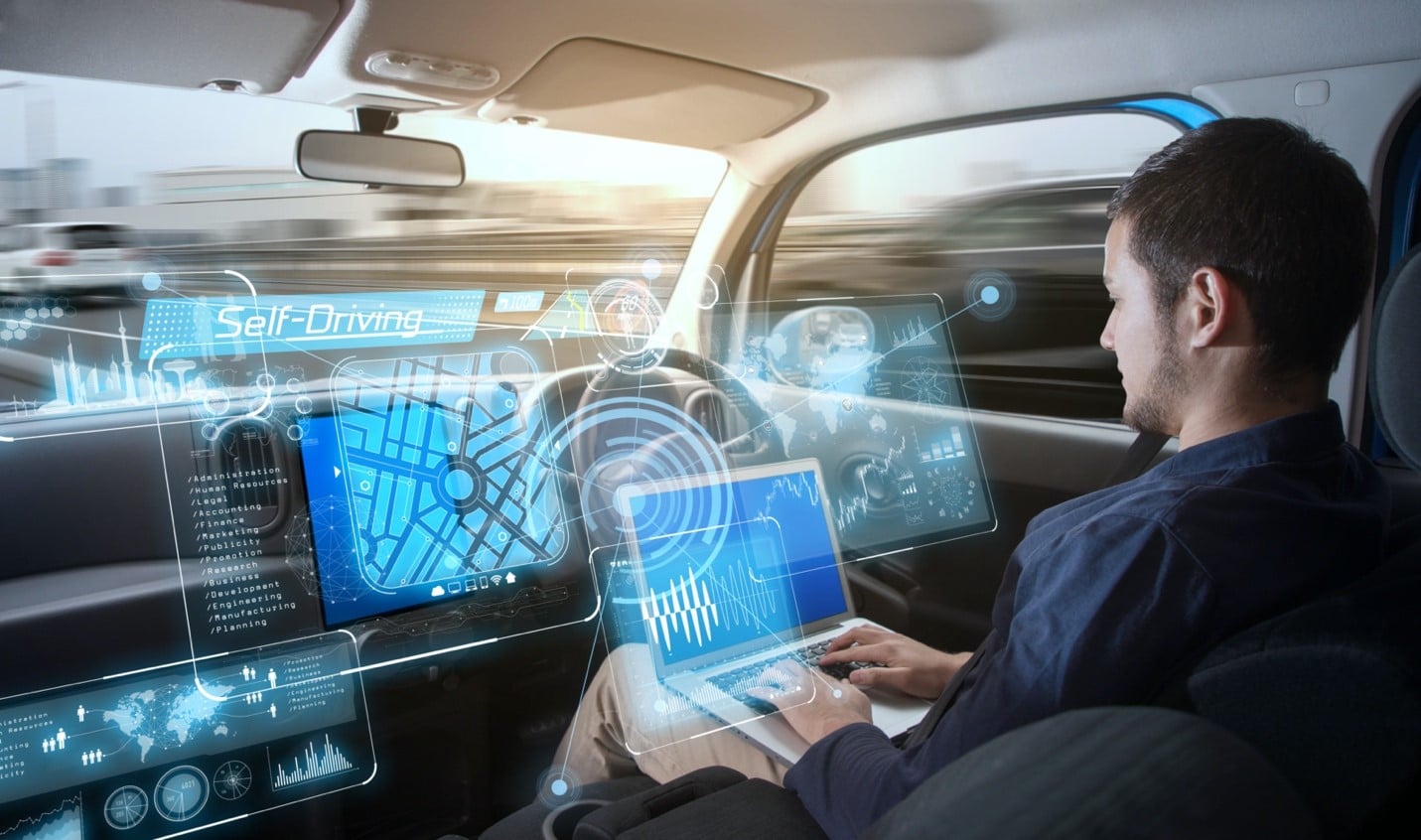The term auto covers an entire universe of technology, design, culture, and innovation. From the early days of motor carriages to the rise of autonomous vehicles, the automotive industry has shaped economies, influenced lifestyles, and defined mobility. In the UK, cars are not merely tools of transport but symbols of progress, freedom, and engineering excellence. Understanding the past, present, and future of the auto sector helps us appreciate how deeply it affects modern life.
The Origins of Auto Innovation
The history of the automobile begins with experiments in steam-powered vehicles during the 18th and 19th centuries. By the early 1900s, the internal combustion engine had established itself as the dominant force in vehicle propulsion. Early autos were considered luxury items, affordable only to wealthy individuals. Over time, mass production techniques made them more accessible, turning the auto from a rare commodity into a household essential.
Early Influences in the UK
-
Development of local manufacturing hubs in Birmingham, Coventry, and Oxford
-
The creation of affordable family cars that became staples in British households
-
Growth of motoring clubs and racing culture, which helped popularise the auto industry
The Auto as a Cultural Icon
The car quickly grew into more than a practical invention. It became a cultural symbol, representing independence, adventure, and personal identity. Throughout the 20th century, autos appeared in films, literature, and advertising, shaping popular imagination.
For many, owning an auto was a rite of passage, marking the transition to adulthood and freedom. Families used cars to explore the countryside, while cities adapted with the creation of motorways, traffic systems, and suburban expansion.
The Role of Auto in Society
-
Symbol of freedom and personal expression
-
Enabler of economic opportunities by connecting people to jobs
-
Core part of tourism and travel industries
-
Foundation of motorsports and entertainment
Technological Advancements in Auto Engineering
The auto industry is one of the fastest adopters of new technologies. Engineering breakthroughs have consistently redefined what a vehicle can achieve.
Safety Innovations
Modern cars are equipped with advanced safety systems, including:
-
Airbags and crumple zones
-
Anti-lock braking systems (ABS)
-
Lane-keeping assistance and blind-spot monitoring
-
Automated emergency braking
Performance and Efficiency
To meet consumer demand and government regulations, autos have seen:
-
Lighter materials such as aluminium and composites
-
Turbocharging and hybrid systems for efficiency
-
Improved aerodynamics to reduce drag
-
Sophisticated suspension for comfort and handling
The Shift Towards Sustainability
One of the biggest transformations in the auto industry is the shift from fossil fuels to greener alternatives. Climate change and environmental regulations have forced manufacturers to rethink production and energy use.
Electric and Hybrid Vehicles
-
Growth of battery technology and charging infrastructure
-
Hybrid systems that balance fuel and electricity
-
Reduced emissions targets set by governments
Alternative Fuels
-
Hydrogen fuel cells with potential for long-distance transport
-
Biofuels from renewable resources
-
Synthetic fuels under development for future use
The Economic Importance of Auto
The automotive industry contributes significantly to the UK economy. It creates jobs in design, manufacturing, logistics, and aftersales. Beyond factories, the auto sector supports businesses such as dealerships, repair shops, and insurance providers.
Key Economic Contributions
-
Billions in exports from UK auto plants
-
Employment for skilled and semi-skilled workers
-
Innovation in robotics, AI, and materials science
-
Support for infrastructure development such as motorways
The Digital Transformation of Auto
Digital technology has redefined the auto experience. Cars are now rolling computers with advanced connectivity.
Smart Features
-
Infotainment systems with smartphone integration
-
GPS-based navigation and live traffic updates
-
Over-the-air software updates
-
Vehicle-to-vehicle communication for safety
Autonomous Vehicles
Self-driving technology is rapidly progressing:
-
Use of AI for lane recognition and obstacle avoidance
-
Sensor fusion from cameras, LiDAR, and radar
-
Pilot projects for driverless taxis and delivery vans
-
Ethical and regulatory debates about responsibility
Challenges Facing the Auto Industry
Despite progress, the auto industry faces hurdles that will define its future.
Environmental Concerns
-
Meeting strict emissions targets
-
Recycling batteries from electric vehicles
-
Balancing sustainability with affordability
Economic Pressures
-
Global supply chain disruptions
-
Rising material costs
-
Competition from emerging markets
Regulatory Frameworks
-
Safety standards across different regions
-
Trade tariffs and international policies
-
Evolving laws around autonomous driving
The Future of Auto
The future promises a blend of sustainability, technology, and personalisation. Cars will become smarter, safer, and more environmentally friendly.
Emerging Trends
-
Shared mobility services reducing private ownership
-
Integration of renewable energy sources with EVs
-
Personalised in-car experiences powered by AI
-
Expansion of urban mobility solutions like micro-cars
FAQs about Auto
What does the future hold for petrol cars in the UK?
The UK government has announced a ban on new petrol and diesel cars in the near future. While older cars will remain on the road, manufacturers are moving toward hybrids and fully electric vehicles.
How important is the auto industry to UK jobs?
The sector employs hundreds of thousands directly and indirectly. Jobs span from engineering and manufacturing to sales, logistics, and aftercare services.
Are electric vehicles really eco-friendly?
EVs produce no tailpipe emissions, but their environmental impact depends on battery production and electricity sources. With the shift toward renewable energy, their long-term benefits are clear.
What role will artificial intelligence play in the auto industry?
AI will power autonomous driving, predictive maintenance, and in-car personal assistants, making vehicles safer and more responsive to driver needs.
Why is the auto industry focusing on lightweight materials?
Reducing weight improves efficiency, handling, and safety. Materials like aluminium, composites, and carbon fibre allow vehicles to achieve better fuel economy and performance.
Will autonomous vehicles replace traditional cars completely?
It is unlikely that driverless cars will fully replace traditional autos. Instead, they will complement them in specific sectors such as urban transport, logistics, and ride-hailing services.





